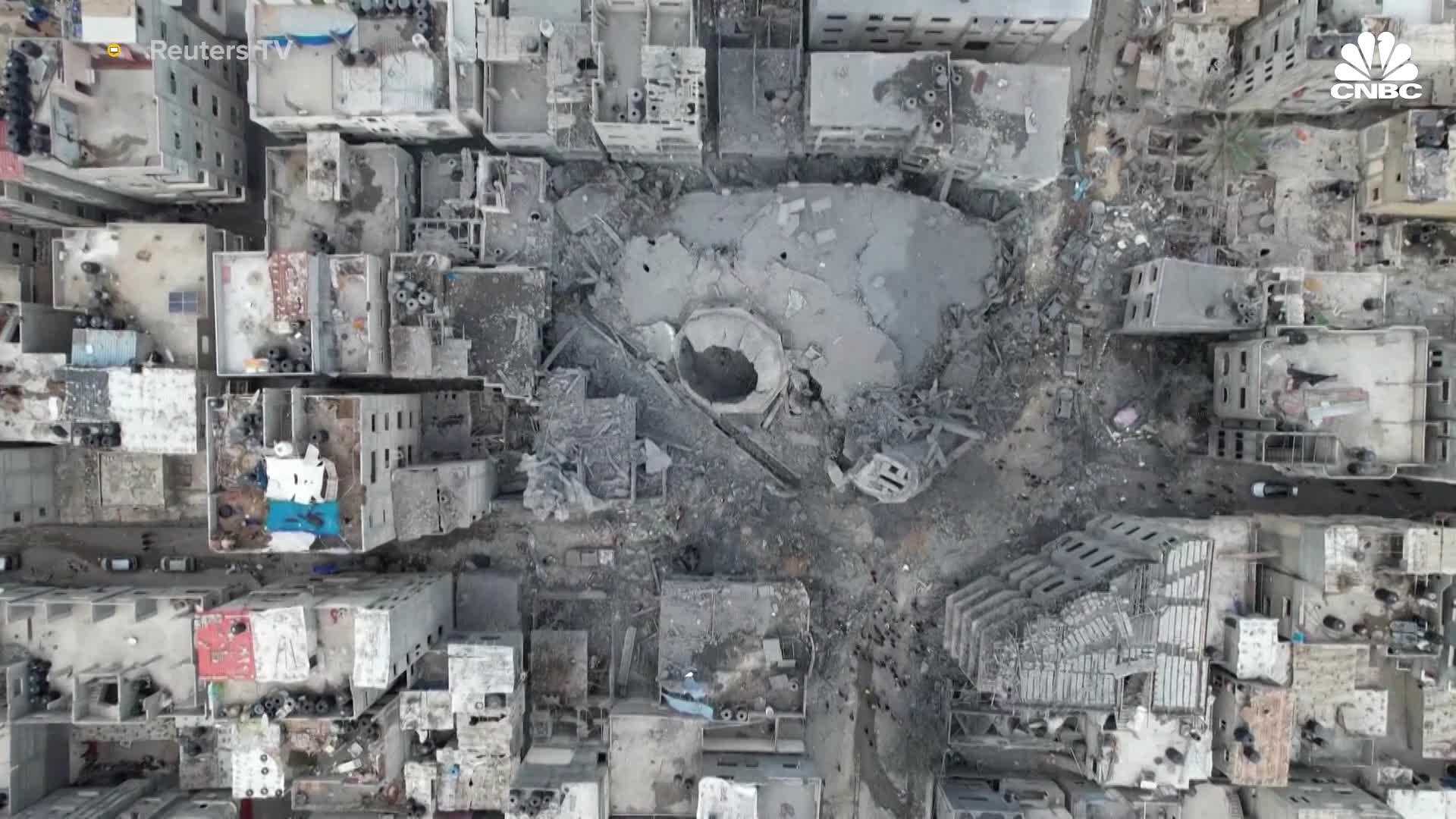World
Israel Approves Ceasefire with Hamas After 15 Months of Devastating Conflict

JERUSALEM — The Israeli government approved a ceasefire agreement with Hamas on Saturday, paving the way for the deal to take effect Sunday and potentially marking a new chapter in a 15-month-long conflict that has devastated the Gaza Strip. The 33-member cabinet deliberated for over seven hours before greenlighting the agreement, according to a statement from Prime Minister Benjamin Netanyahu‘s office.
The deal, previously approved by Israel‘s smaller security cabinet after negotiations in Doha, will halt fighting in Gaza and facilitate the release of dozens of Israeli hostages and hundreds of Palestinian prisoners. It also allows humanitarian workers to deliver much-needed aid to the war-torn enclave, where hundreds of thousands face dire living conditions, according to the United Nations.
The ceasefire follows a brutal conflict that began after Hamas launched a cross-border attack on October 7, 2023, killing approximately 1,200 people and taking 251 hostages. Israel responded with a military campaign aimed at dismantling Hamas’s military and political capabilities, which has resulted in the deaths of over 46,600 Palestinians, according to Gaza’s Health Ministry.
Gaza residents hope the ceasefire will bring peace, but the UN warns that recovery could take years or even decades. Satellite data analyzed by experts from CUNY’s Graduate Center and Oregon State University reveals that nearly 60% of buildings across Gaza have been damaged, with Gaza City suffering the worst destruction. The UN estimates that over 90% of residential units in Gaza are damaged, with 160,000 destroyed and 276,000 partially or severely damaged.
Before the war, Gaza was already under a strict Israeli-Egyptian blockade, with nearly two-thirds of its population living in poverty. The conflict has exacerbated these conditions, with the World Bank reporting an 86% economic contraction in the first quarter of 2024 and nearly 100% of the population now living in poverty. The UN Conference on Trade and Development (UNCTAD) estimates the cost of war damage at $18.5 billion, seven times Gaza’s 2022 GDP, and warns it could take 350 years to rebuild the economy to pre-war levels.
Humanitarian conditions remain critical, with 1.8 million people facing acute food insecurity, including 133,000 in catastrophic conditions, according to the Integrated Food Security Phase Classification (IPC). Aid deliveries have been severely restricted, with only about 50 trucks entering Gaza daily in January, far below the 300 needed to meet basic food requirements, as reported by the World Food Programme.
The conflict has also crippled Gaza’s healthcare system, with only 18 of 36 hospitals partially operational, alongside 11 field hospitals. The World Health Organization (WHO) reports that Al-Shifa Hospital, Gaza’s largest medical facility, has been reduced to ruins, though its emergency department has reopened.
Environmental damage is another long-term concern. The UN Environment Programme (UNEP) warns that Gaza’s water and sanitation systems are nearly non-functional, with over 50 million tons of debris requiring an estimated 21 years to clear. “The significant and growing destruction in Gaza risks locking its people into a long and painful recovery,” said UNEP Executive Director Inger Andersen.












